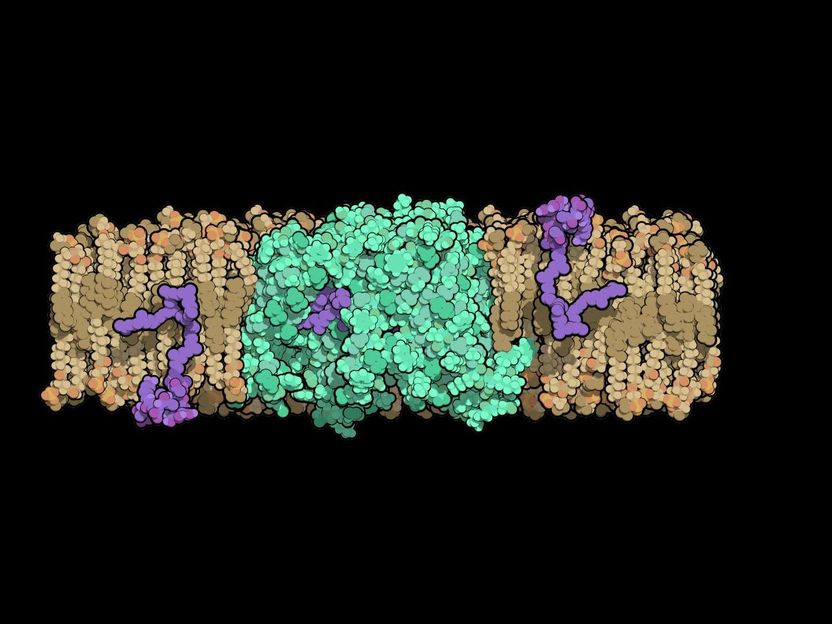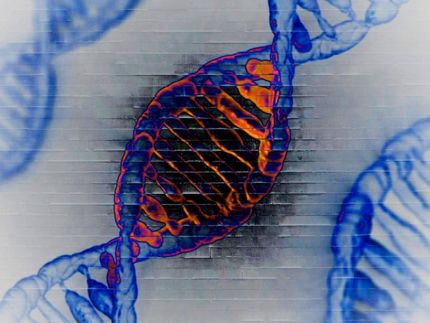The LifeGene project provides unique insight into the causes of disease
The unique resources available in the Nordic region, such as civic registration numbers and the registries of genetically informative populations and health outcomes, make it an epidemiological goldmine. The LifeGene project is being coordinated by the Swedish medical university Karolinska Institutet to take advantage of Sweden’s competitive edge in this field. LifeGene was launched into the international scientific scene at BIO 2010 in Chicago.
“Modern research techniques, new communication technology, advanced and increasingly high throughput laboratory methods, as well as developments in genetics have created unique conditions for studying the origin of disease,” says Nancy Pedersen, professor of genetic epidemiology at Karolinska Institutet and director of the LifeGene project. “Thanks to various health registries and biobanks, the Nordic countries are better equipped than any other to lead the development of disease prevention and improve public health. This requires new and visionary efforts. LifeGene is one such effort.”
LifeGene provides unique opportunities for understanding the complex interaction between environment, lifestyle factors and heredity in the origin of disease. The data made available through LifeGene is accessible to scientists at universities around the world. The LifeGene project is a collaboration between all medical faculties in Sweden, and is hosted by Karolinska Institutet. The project will gather information on the health and lifestyles of 500,000 Swedes, as well as blood and urine samples for later analysis. The objective is to improve diagnostics, treatments and preventative recommendations. Participation in LifeGene is voluntary and participants are monitored for many years with regular health checks and lifestyle questionnaires.
“LifeGene provides unique opportunities for helping us better understand why some individuals are more vulnerable to certain diseases than others, and, for example, the reasons why people can respond differently to medication,” says Professor Pedersen. She continues: “Epidemiologists, clinical and non-clinical researchers in biomedicine can all benefit from LifeGene. Research done on the biological material in the LifeGene biobank can lead to discoveries on the course of diseases at a molecular level.”
Because parents may include their children in the project from birth, LifeGene can give vital information on diseases that occur early in life. This makes it unique in the world, as other health-based population studies mainly comprise individuals over the age of 45, and are focused on diseases that normally appear around middle age.
Other news from the department science

Get the life science industry in your inbox
By submitting this form you agree that LUMITOS AG will send you the newsletter(s) selected above by email. Your data will not be passed on to third parties. Your data will be stored and processed in accordance with our data protection regulations. LUMITOS may contact you by email for the purpose of advertising or market and opinion surveys. You can revoke your consent at any time without giving reasons to LUMITOS AG, Ernst-Augustin-Str. 2, 12489 Berlin, Germany or by e-mail at revoke@lumitos.com with effect for the future. In addition, each email contains a link to unsubscribe from the corresponding newsletter.
More news from our other portals
See the theme worlds for related content
Last viewed contents
Anti-gliadin_antibodies
RevaTen platelet-rich plasma shows promise as potential treatment for heart attacks
Generex Biotechnology to begin human trial of avian influenza vaccine
Evotec reaches milestone in integrated drug discovery and development partnership with Aeovian
Bio-molekula new distributor for Carlo Erba Reagents in Germany
Erasing a genetic mutation
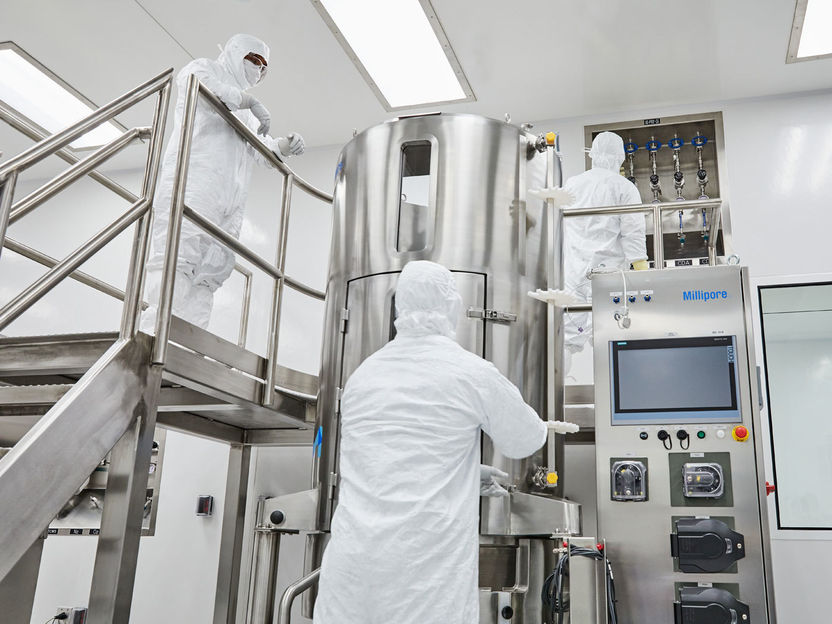
Merck Completes New Viral Vector Contract Development Manufacturing Facility for Gene Therapy - Growth through investments in the “Big 3”
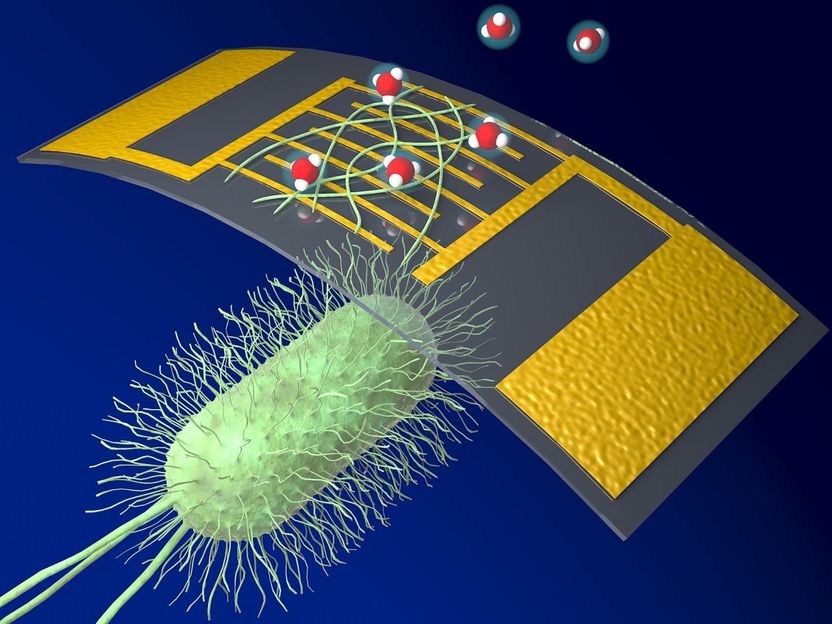
A new, highly sensitive chemical sensor uses protein nanowires - UMass Amherst team introduces high-performing 'green' electronic sensor
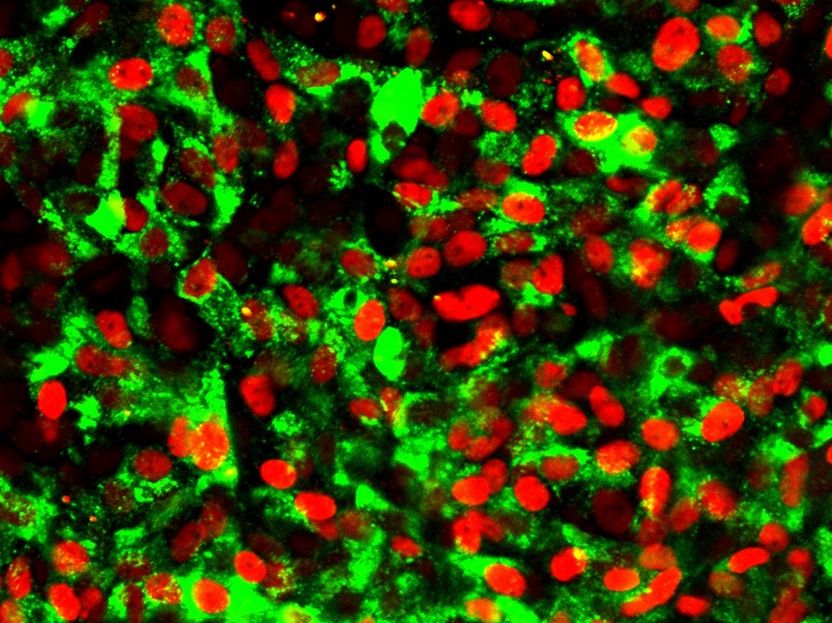
Beta cells from stem cells: Potential for cell replacement therapy - Quality control with CD177 can help save lots of time, efforts and money
Mutation of BAP1 gene passed down over centuries
GM chickens that don't transmit bird flu developed - Breakthrough could prevent future bird flu epidemics
